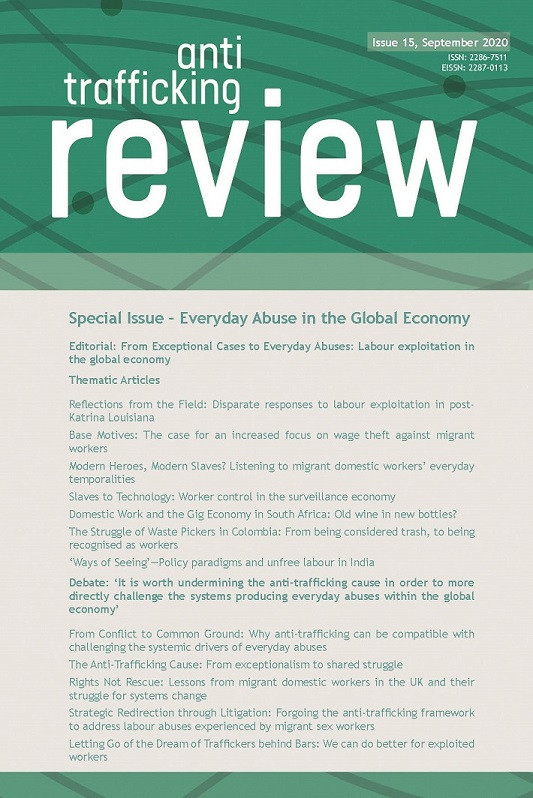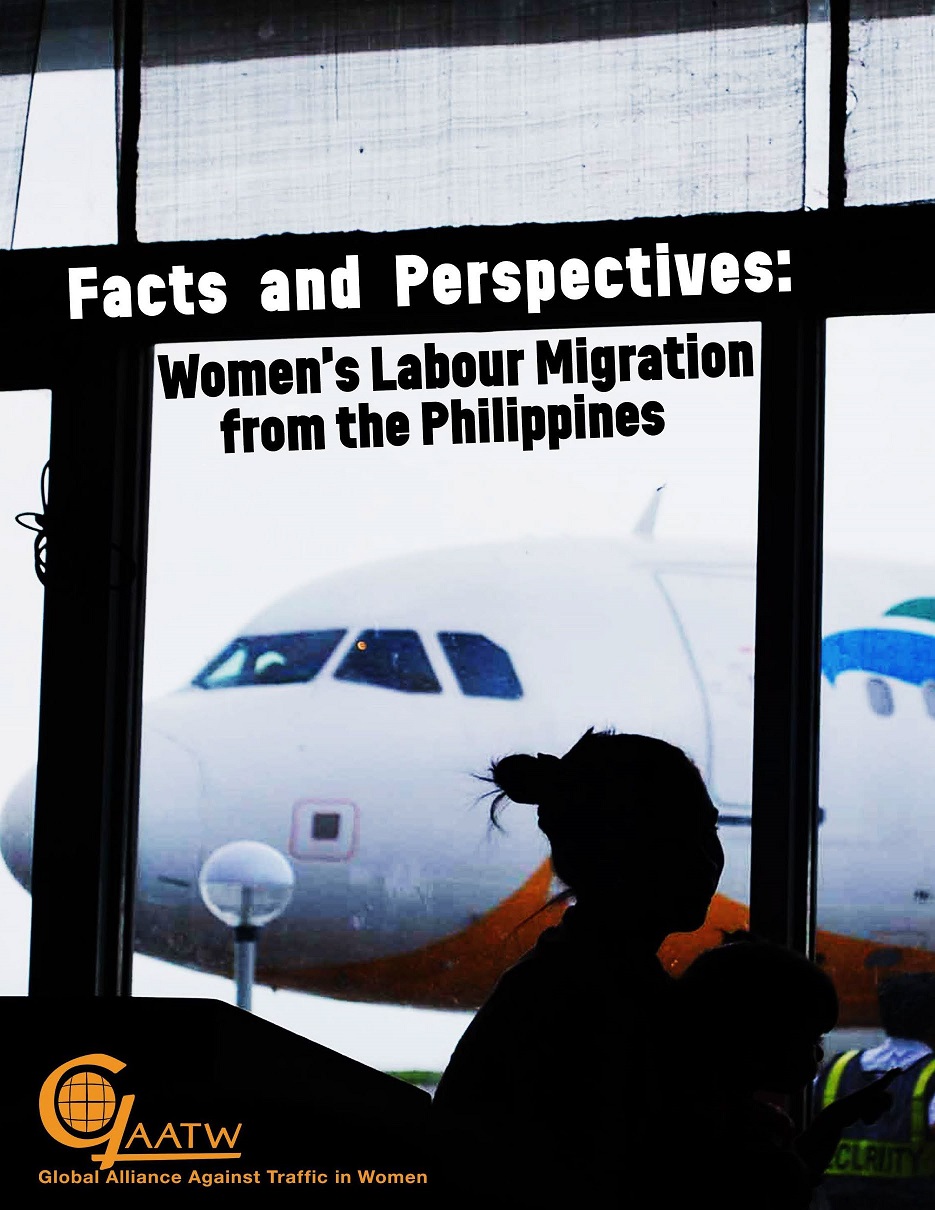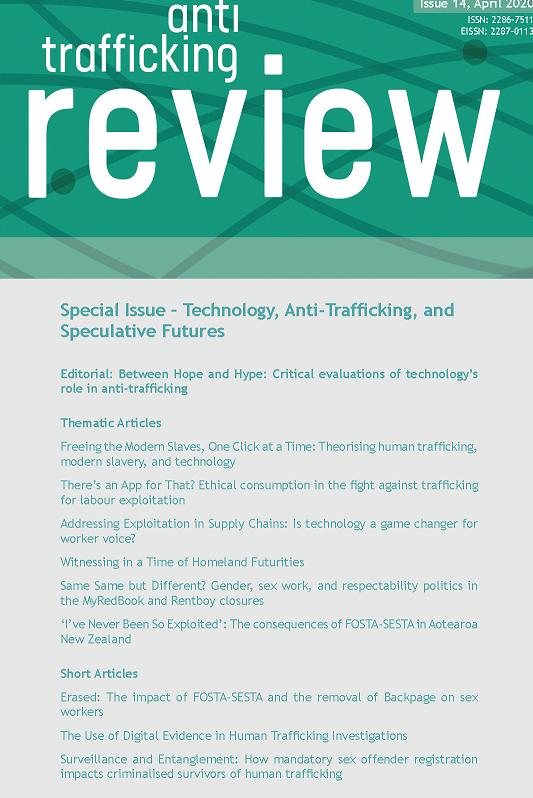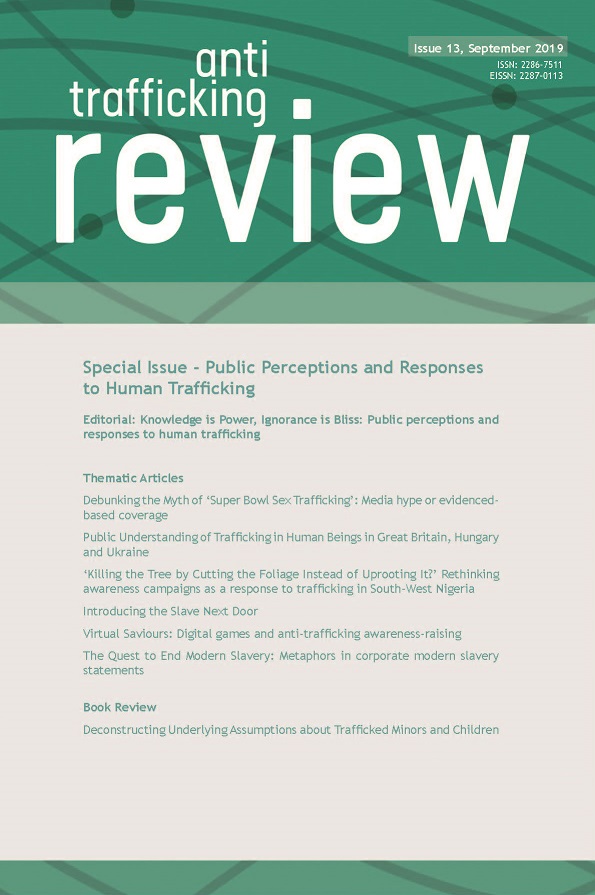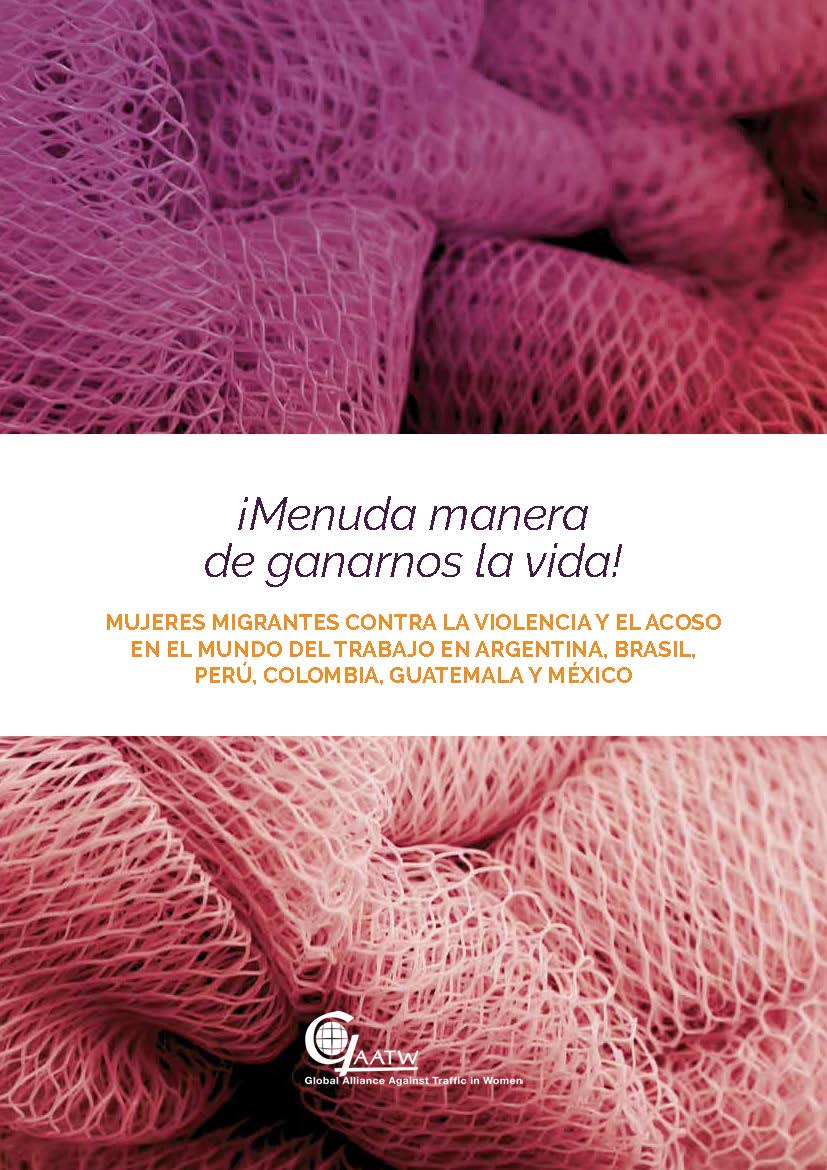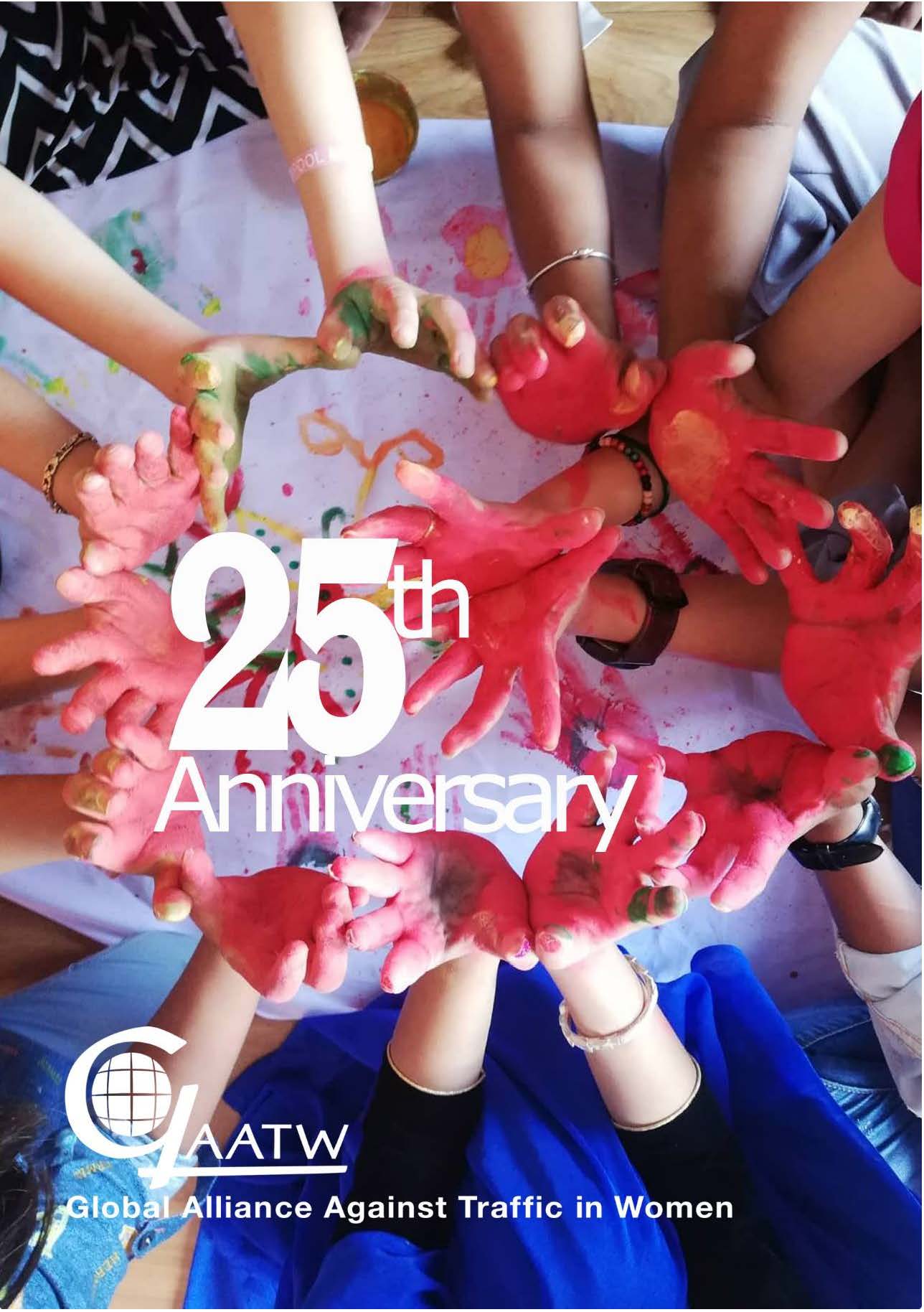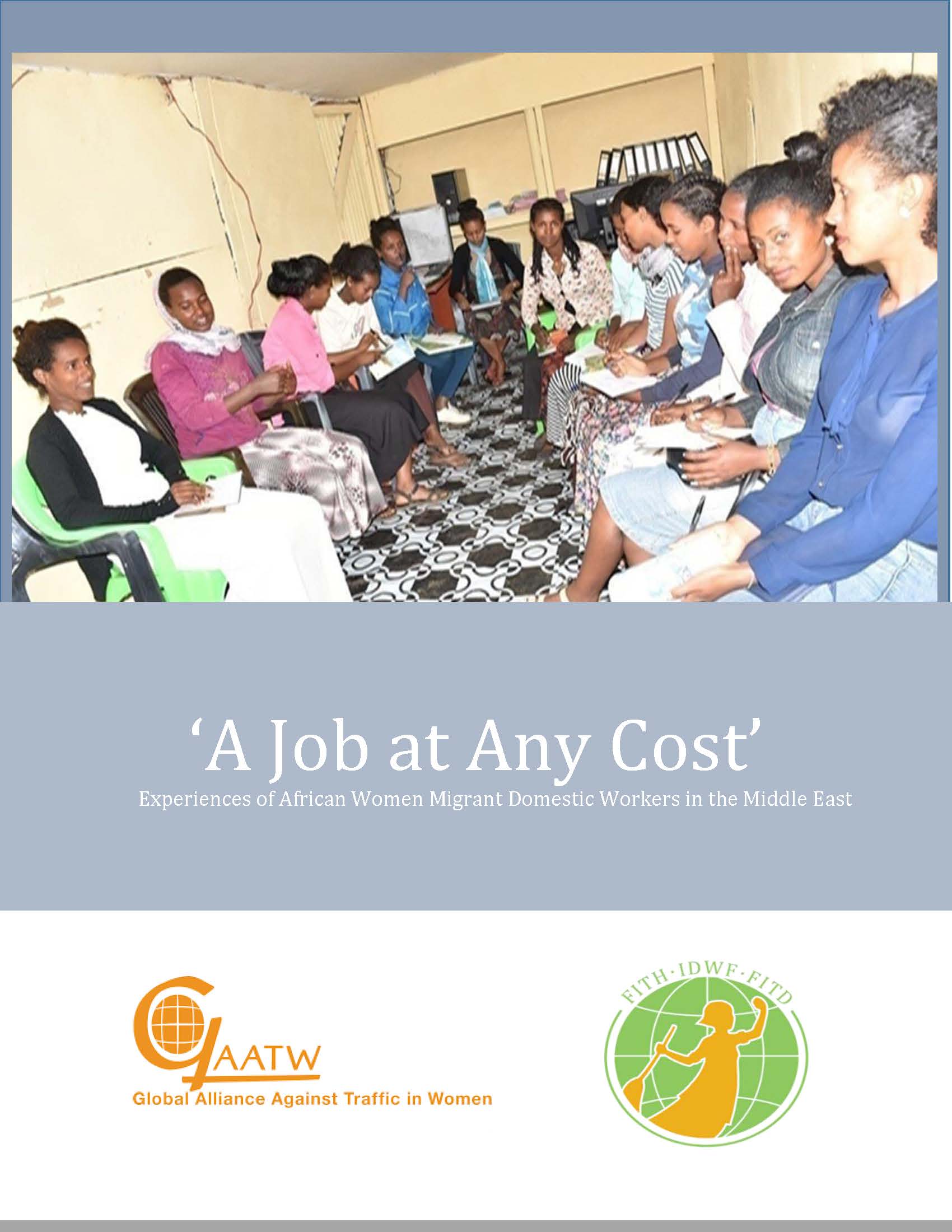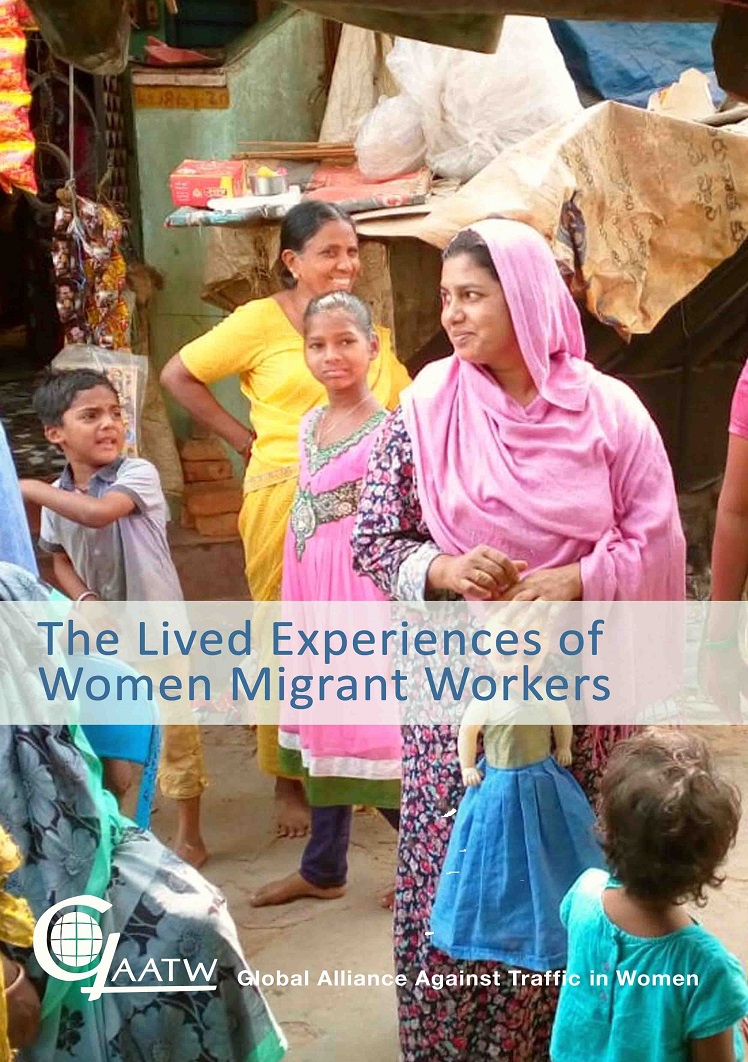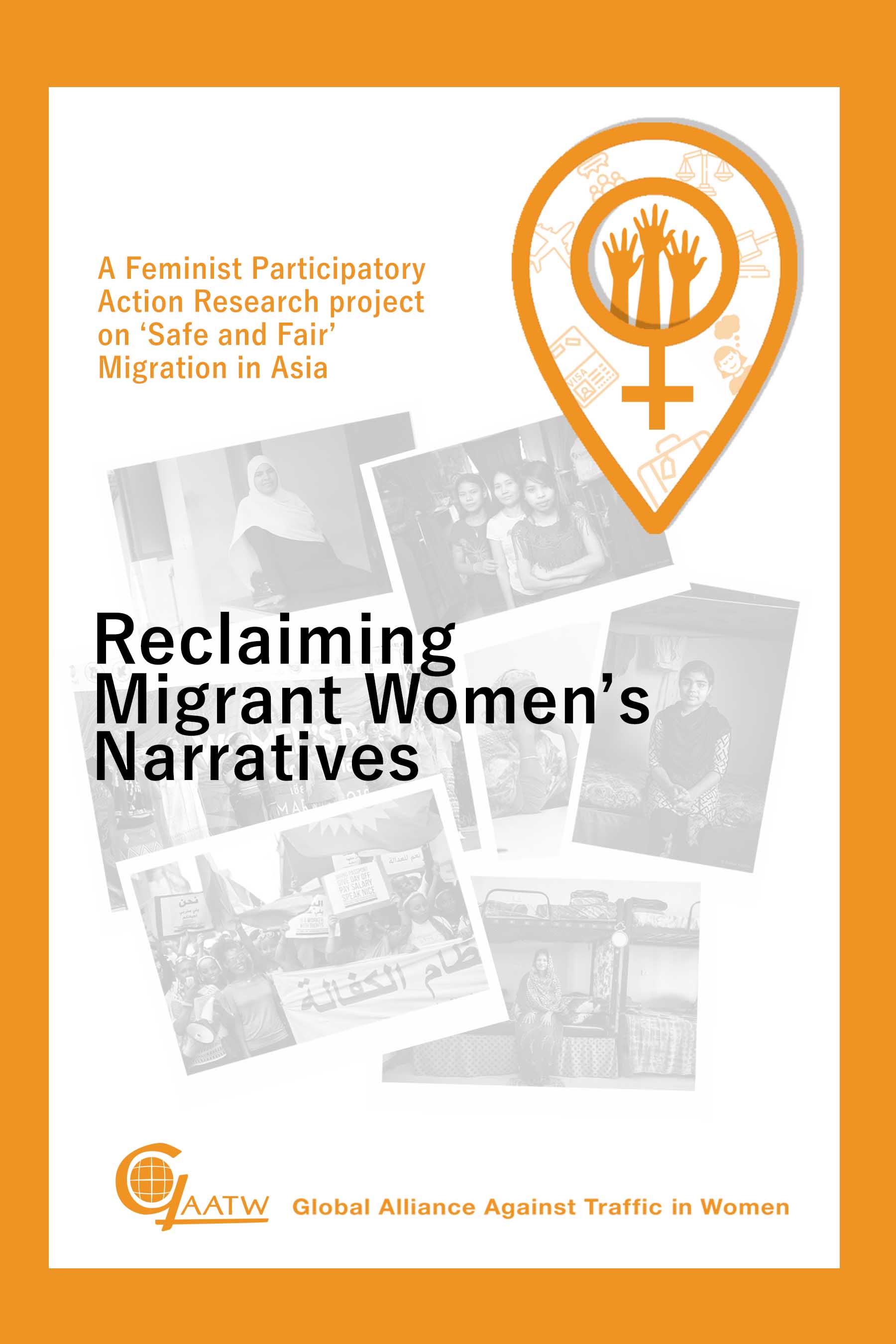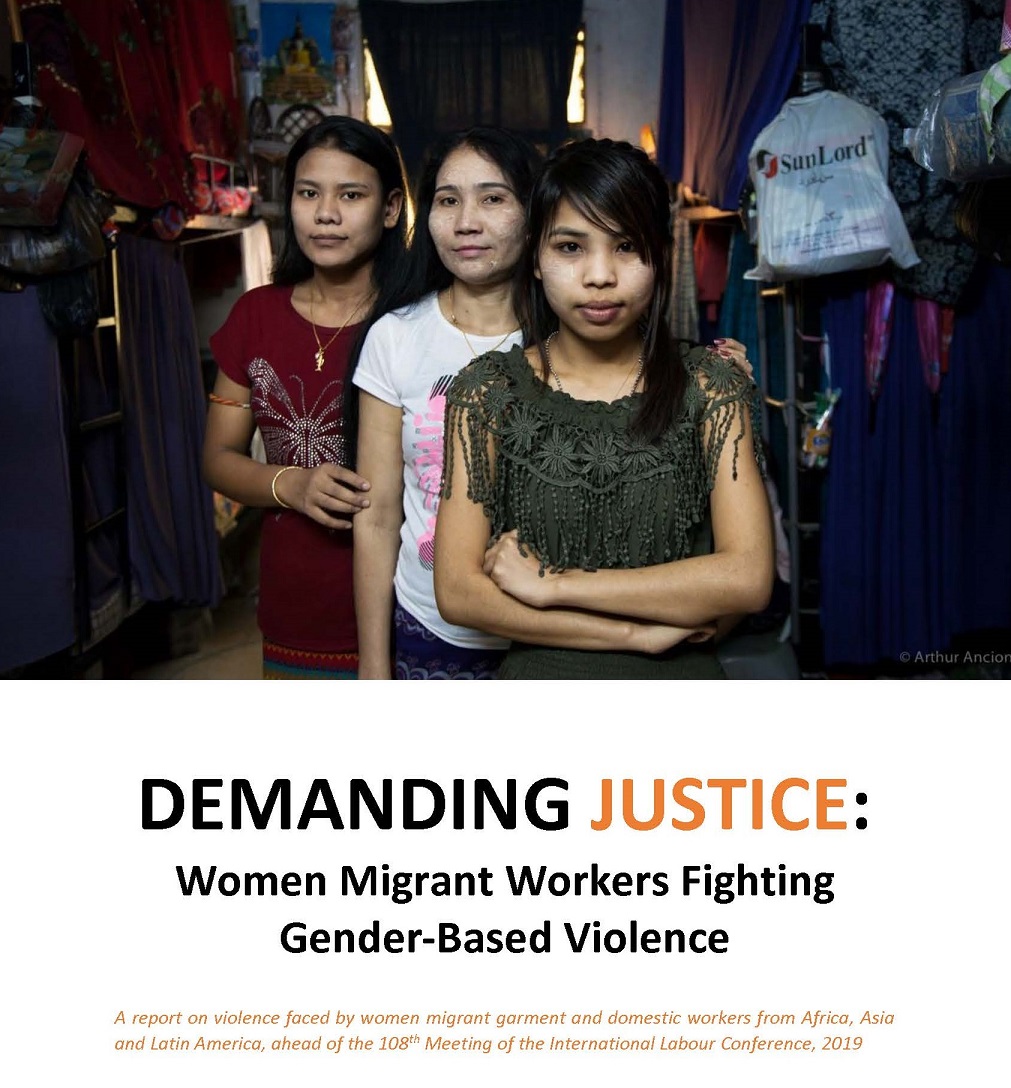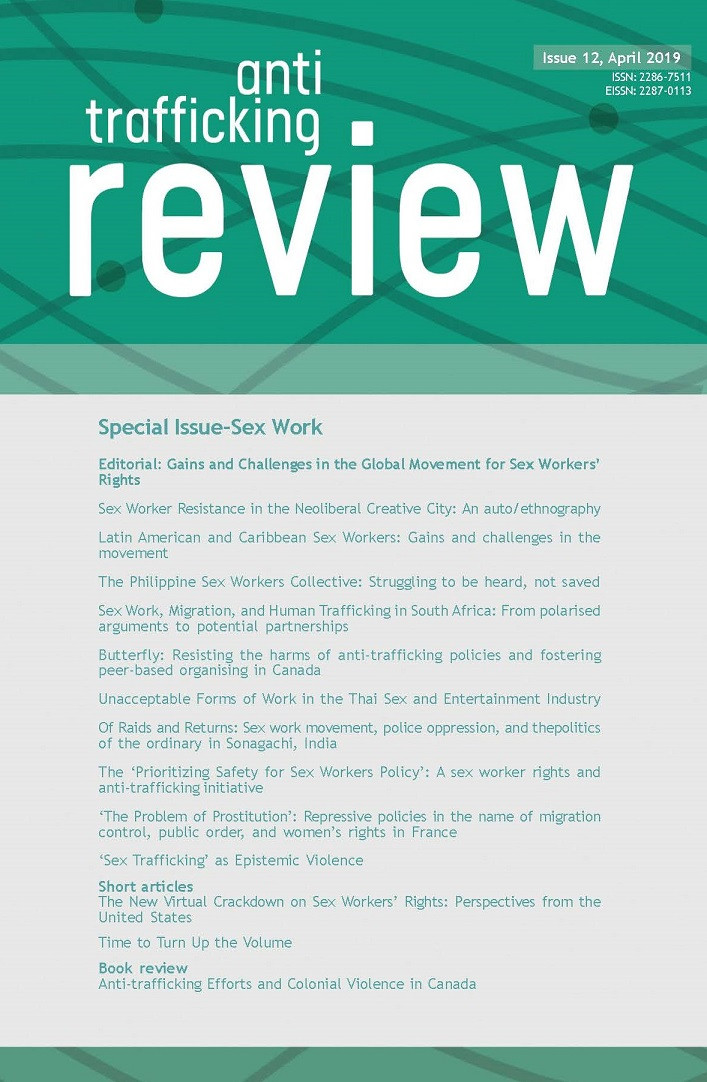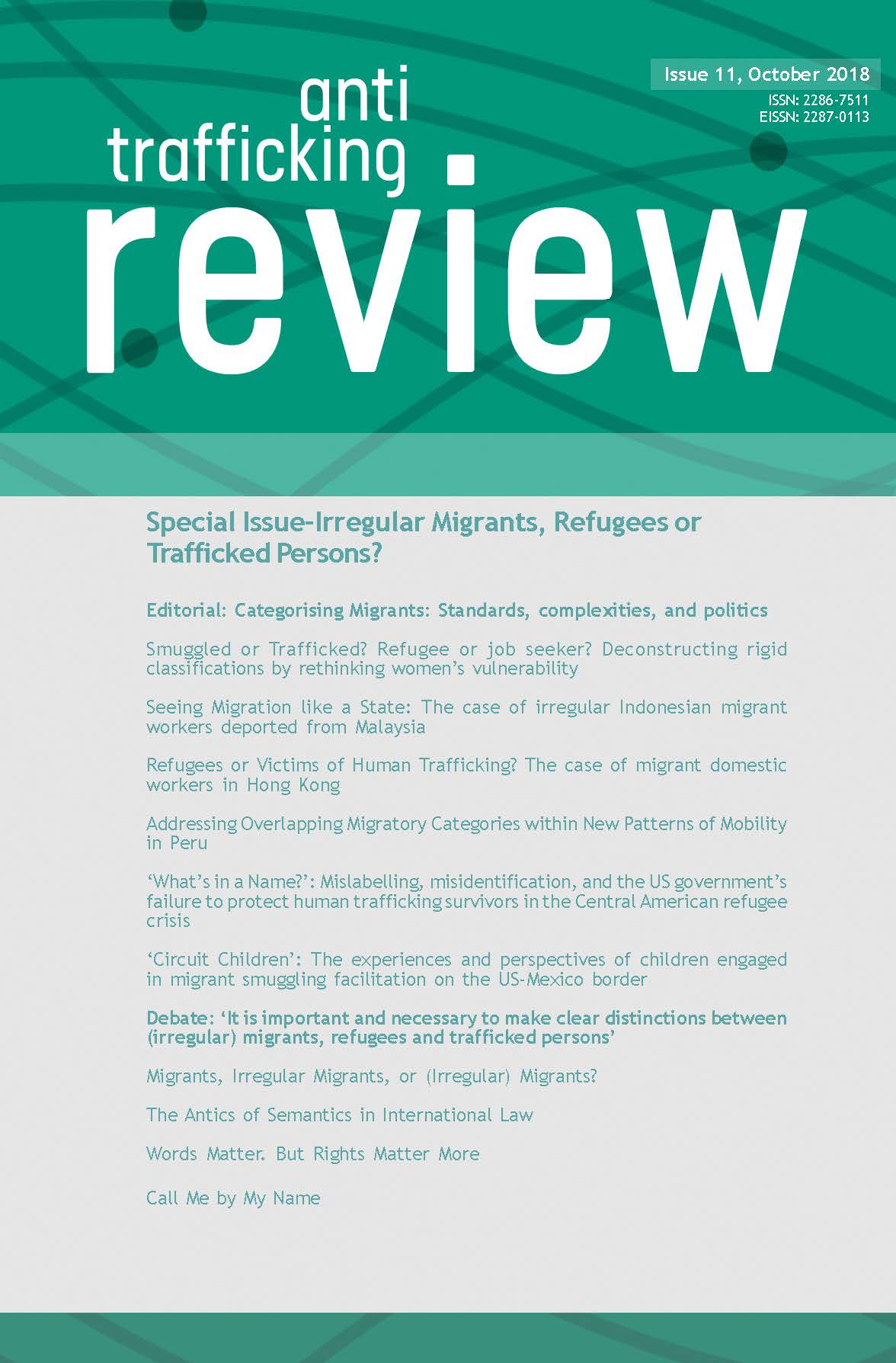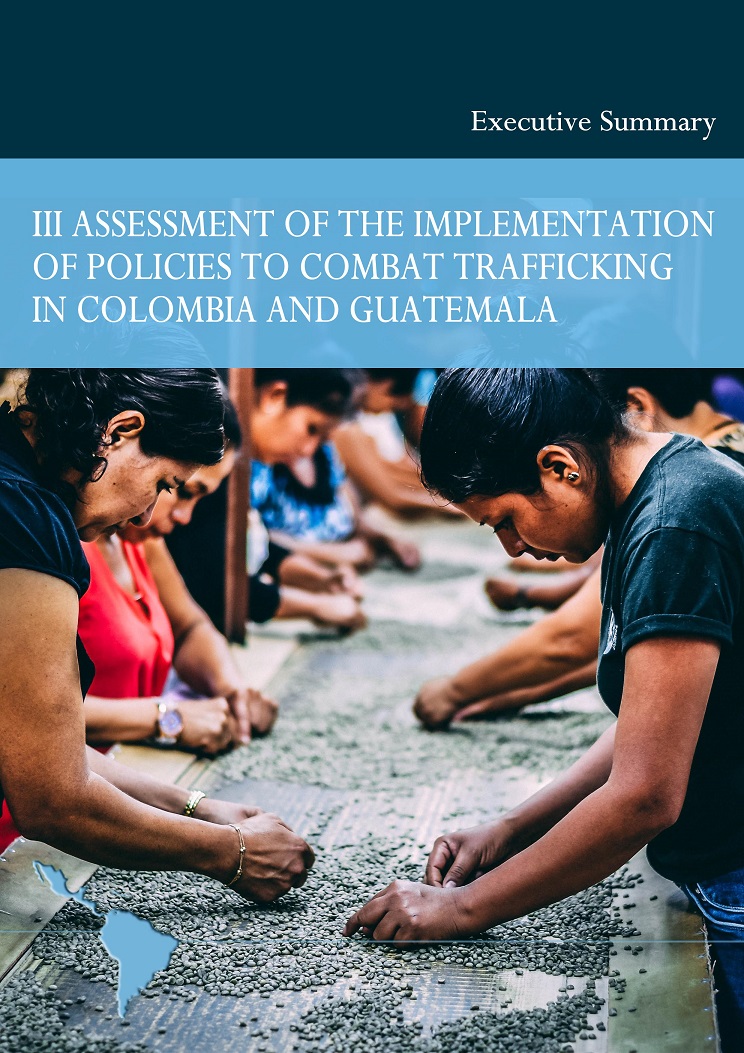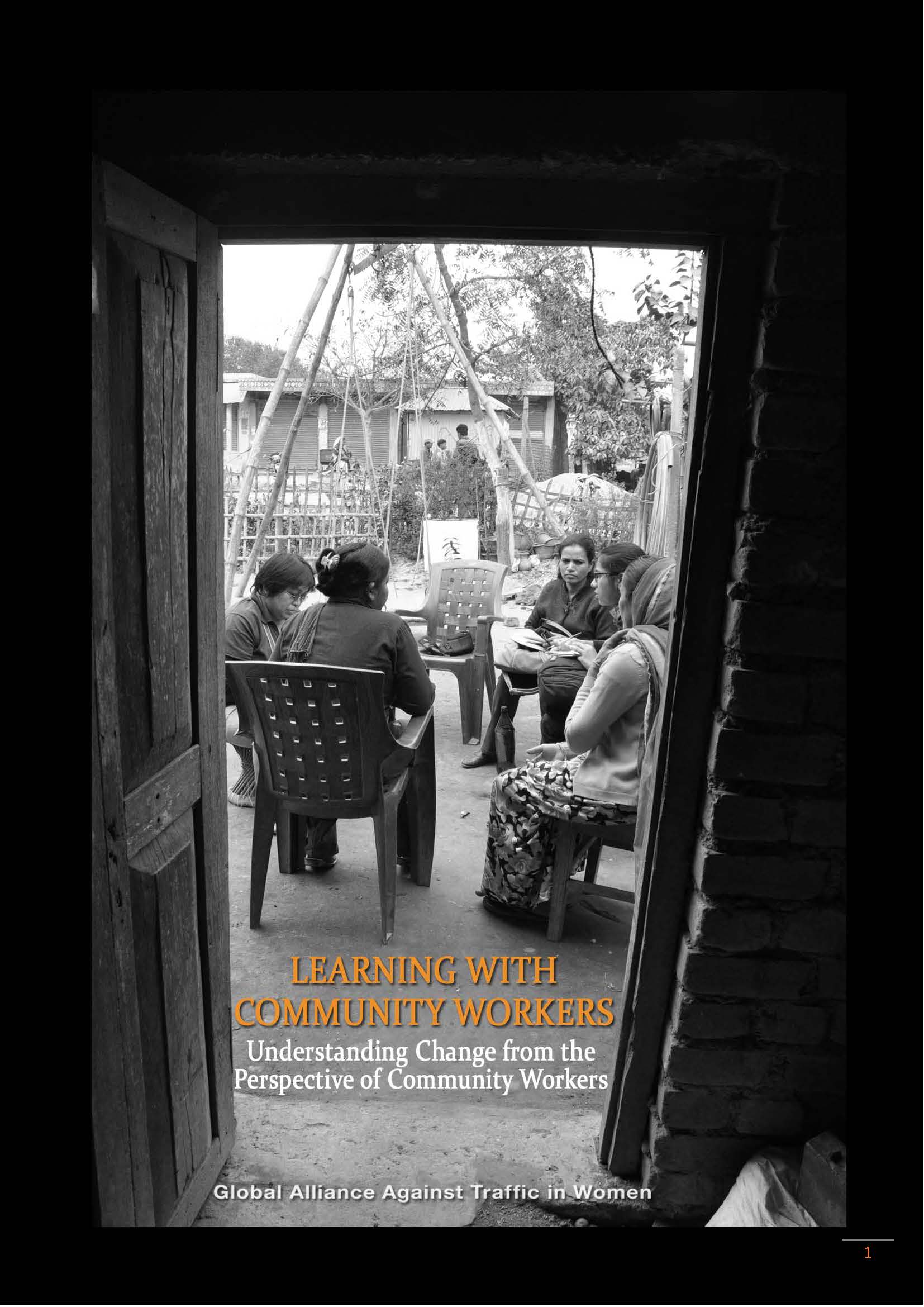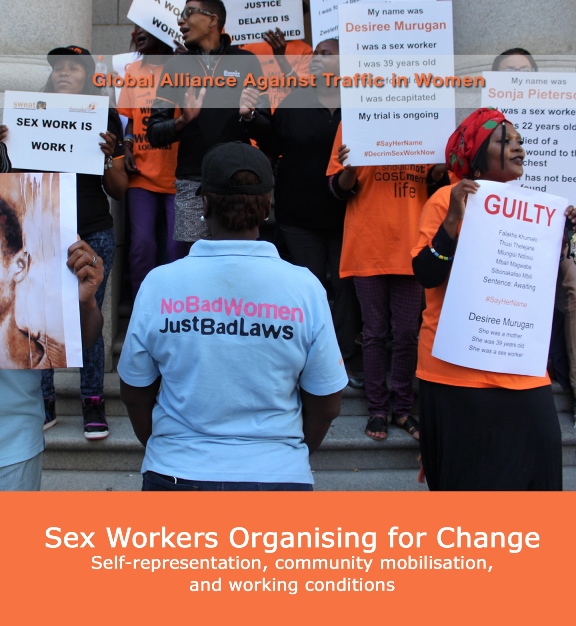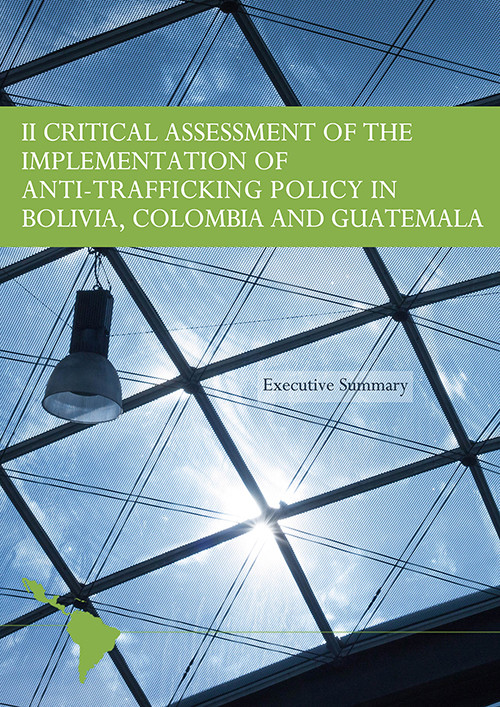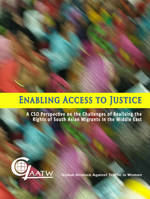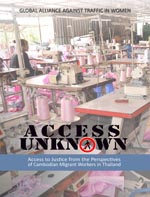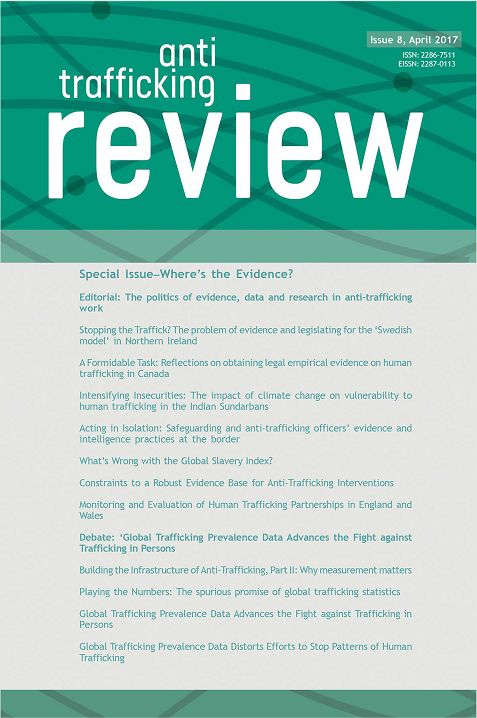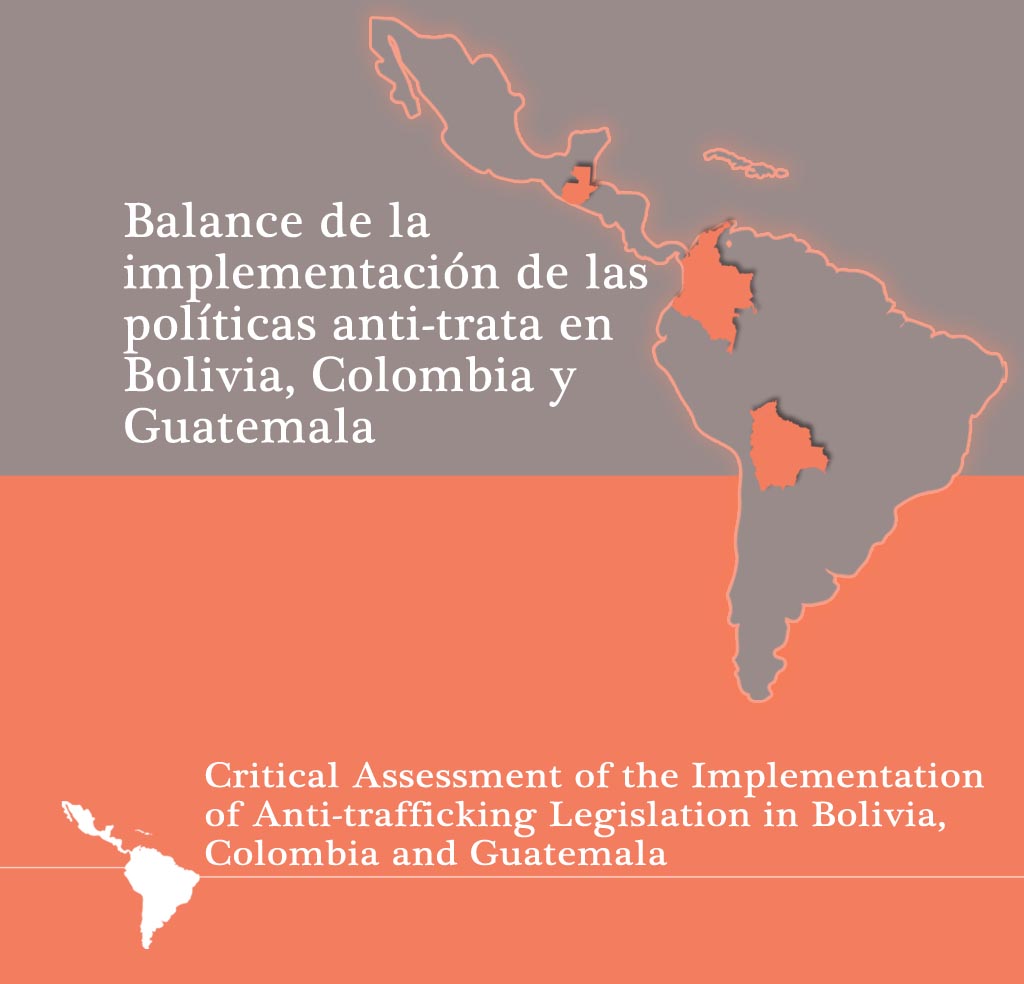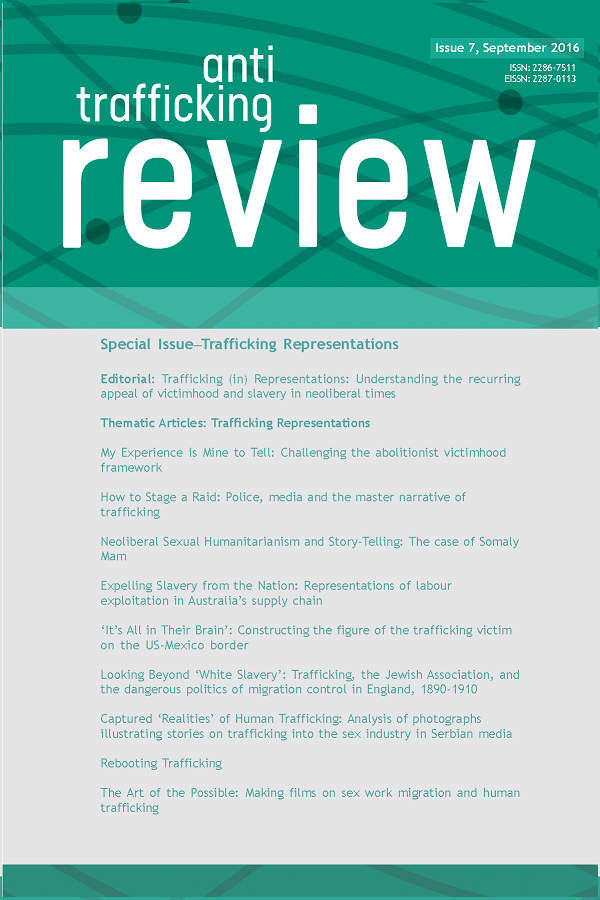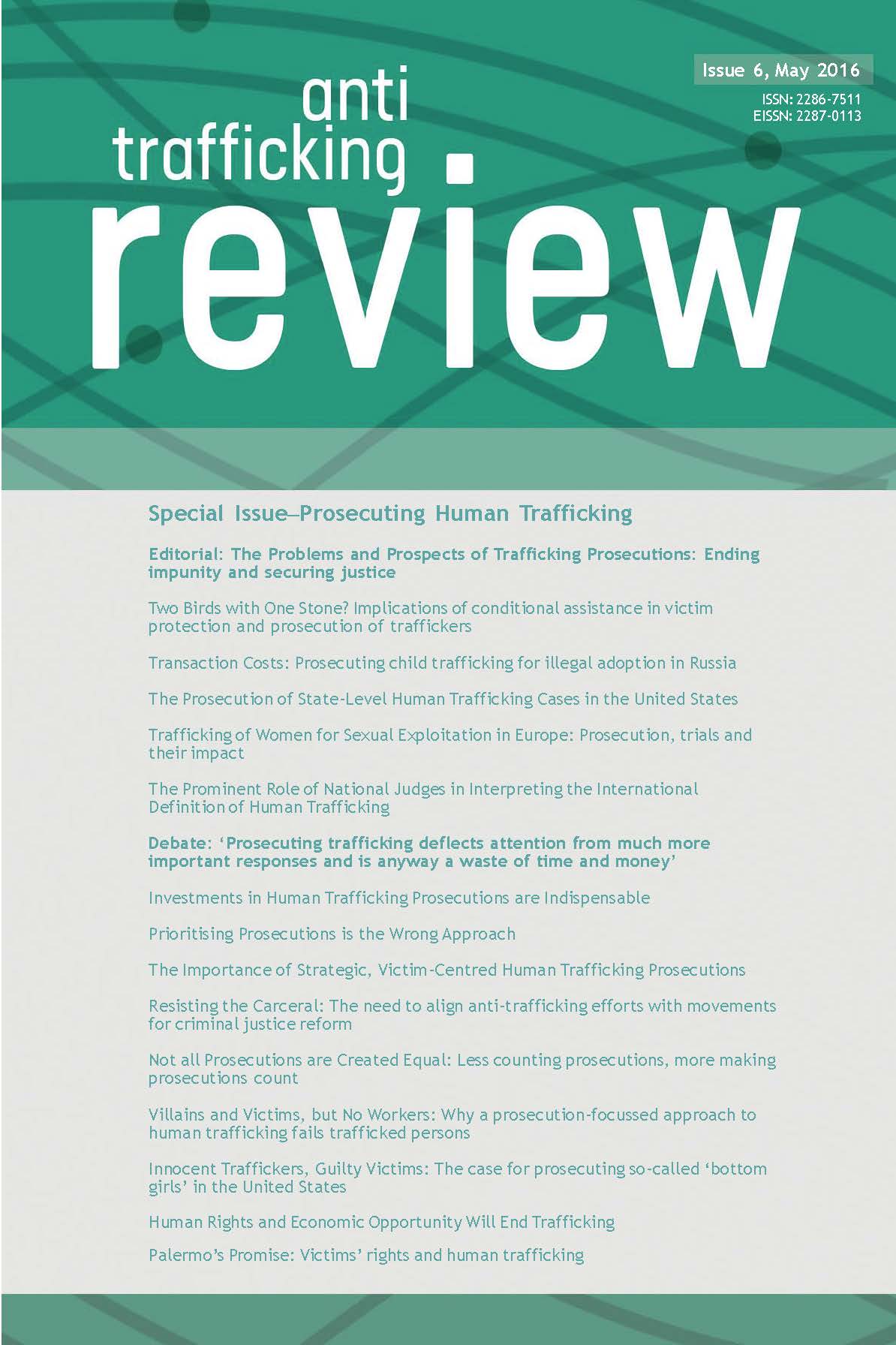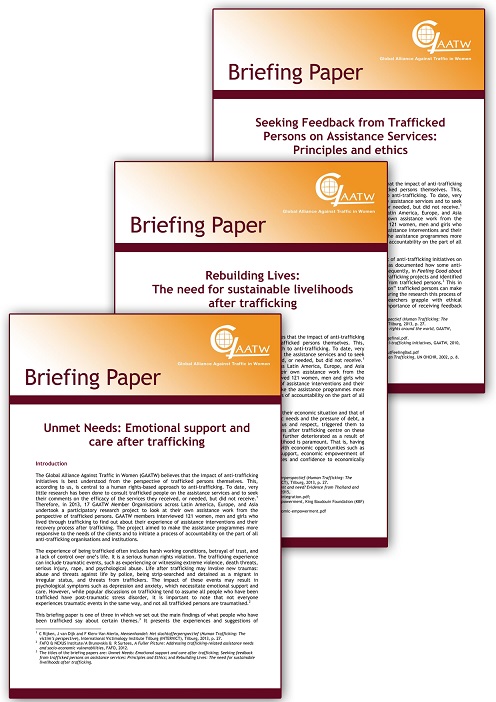Stop, Look, Listen
URGENT ACTION FOR A REVIEM MECHANISM
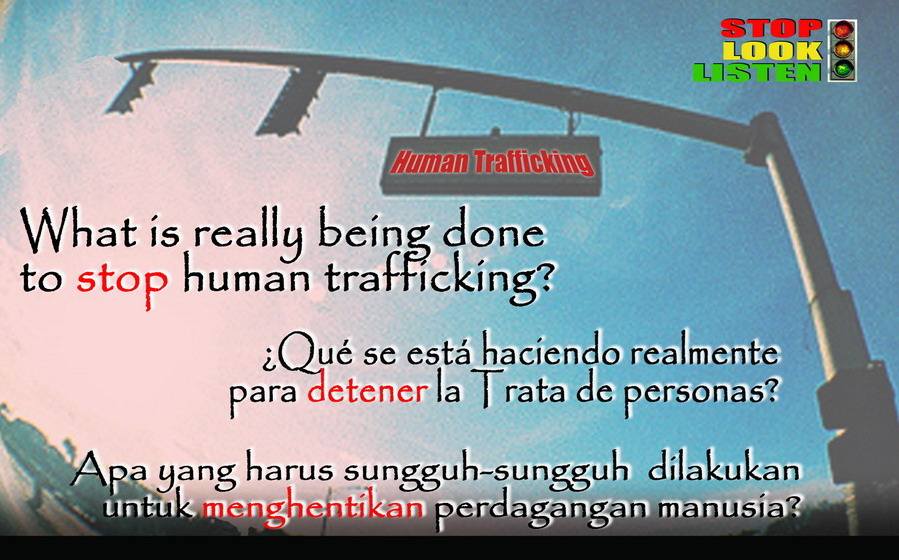
As of October 2008, discussion on a review of the United Nations Convention against Transnational Organised Crime (UNTOC) and its Protocols (including the Human Trafficking Protocol) are underway. A working group of States has been established to discuss this issue and make recommendations to states who have signed this Convention, with a final decision to be determined in October 2010.
A review mechanism could offer a unique and important opportunity for NGOs to raise the impact of States anti-trafficking measures on trafficked persons at an international level, as well as opportunity to call for better protection of human rights.
As such, GAATW has launched an Urgent Action to advocate States to support the establishment of an inclusive and transparent review mechanism.
Support our action by signing on to the petition: Stop, Look, Listen
For more information, please see our Urgent Action information kit:
GAATW position - calling for a review mechanism
Factsheet 1 - What is the Trafficking Protocol?
Factsheet 2 - What is a review mechanism?
Urgent Action - notes on advocating for a review mechanism
Petition (a copy that can be handed out in your community and sent back to GAATW)
Para más información, por favor consulte nuestro kit de información sobre Acciones Urgentes:
Posicion de la GAATW sobre un Mecanismo de Revision
Hoja Informativa I - Qu_es el protocolo contra la Trata de Personas
Hoja Informativa II - Qué es el protocolo contra la Trata de Personas
Carta solicitud de reunion sobre Mechanismo Revision
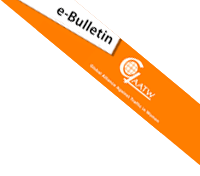


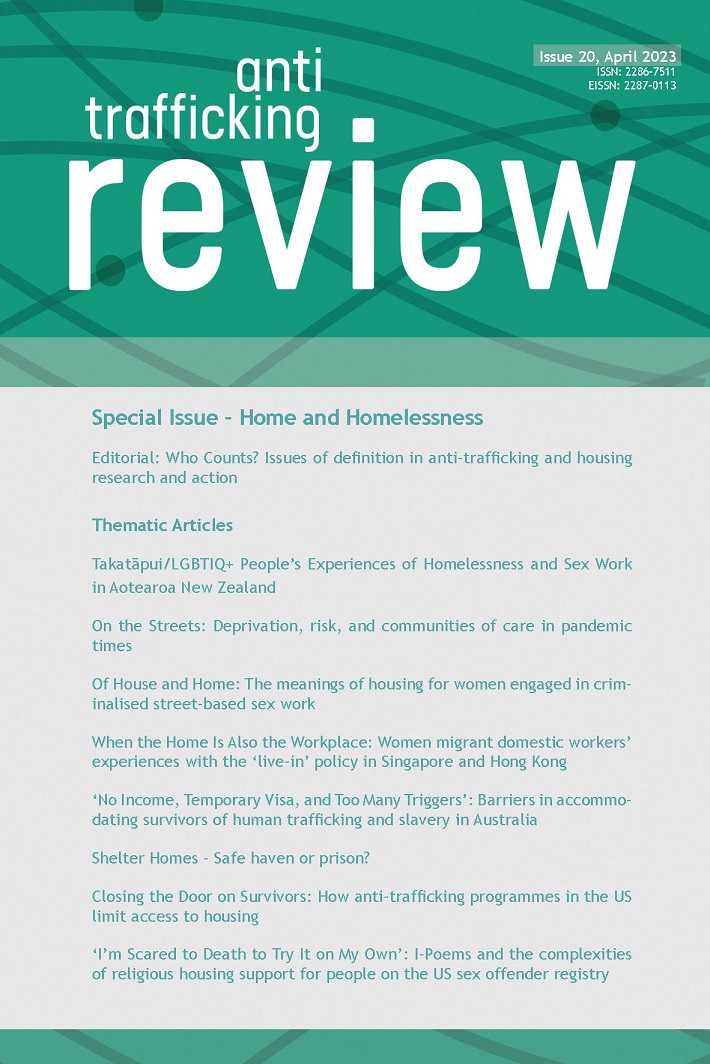
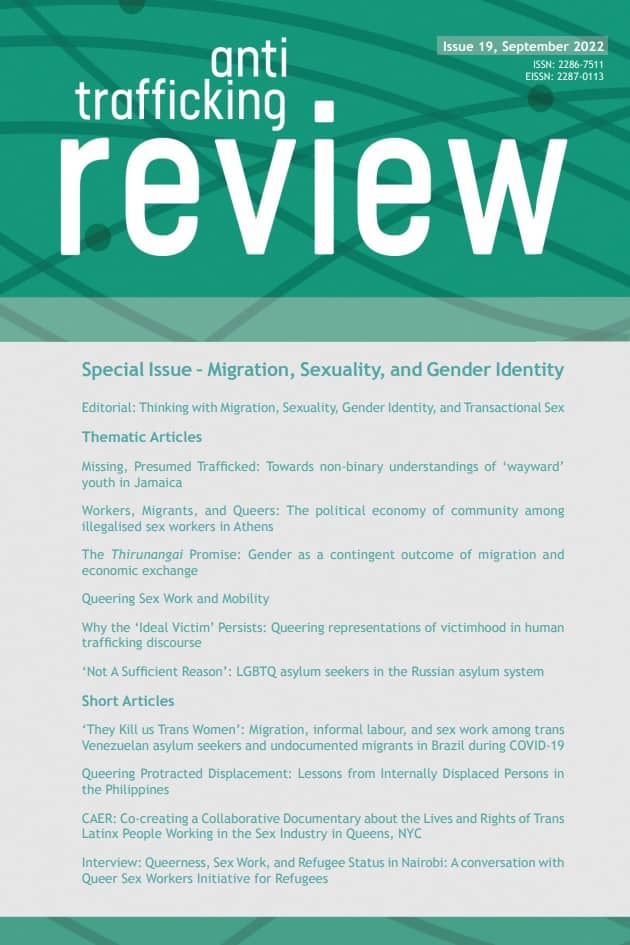
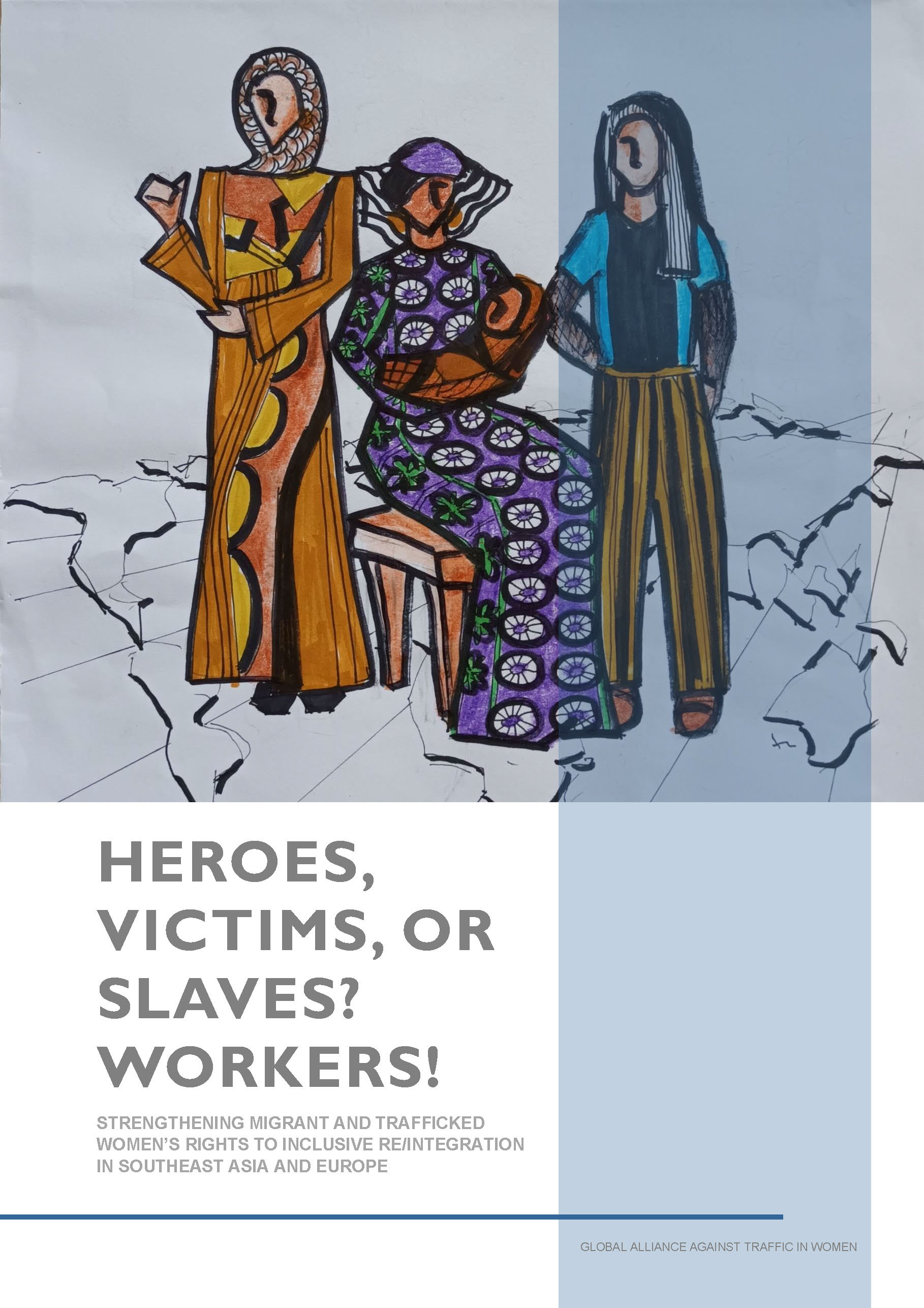
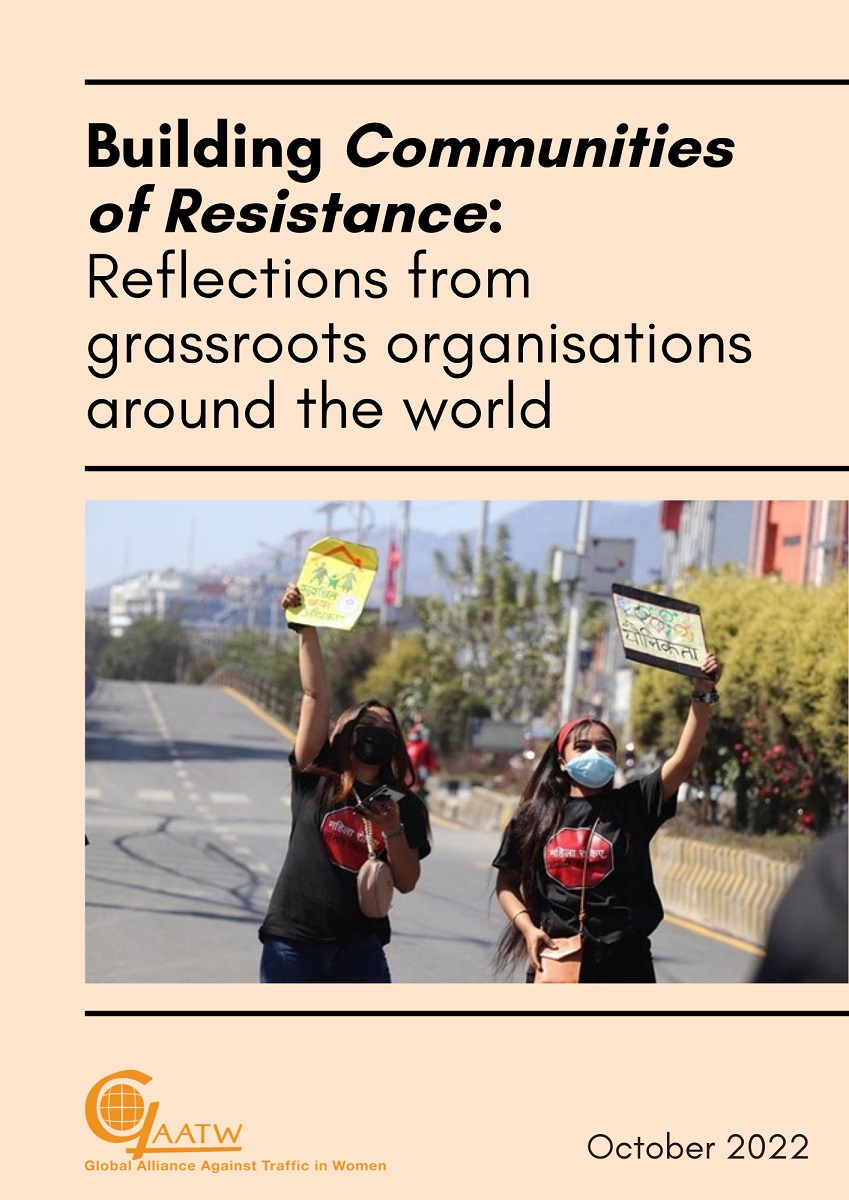
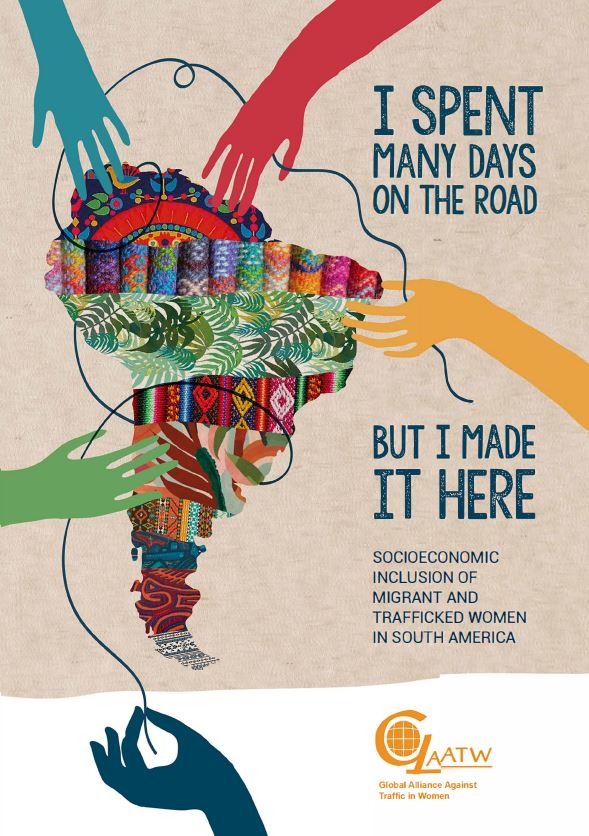
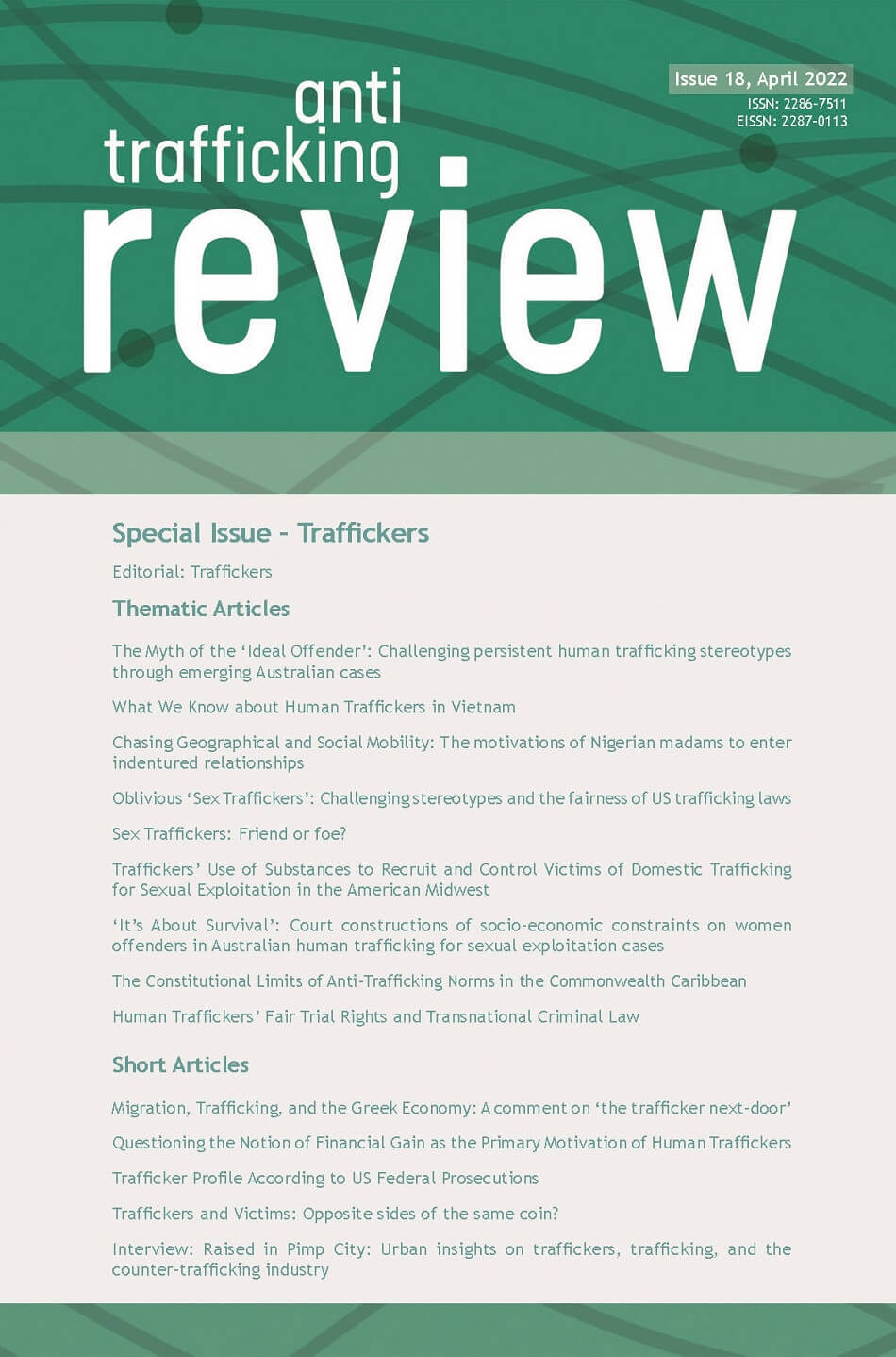
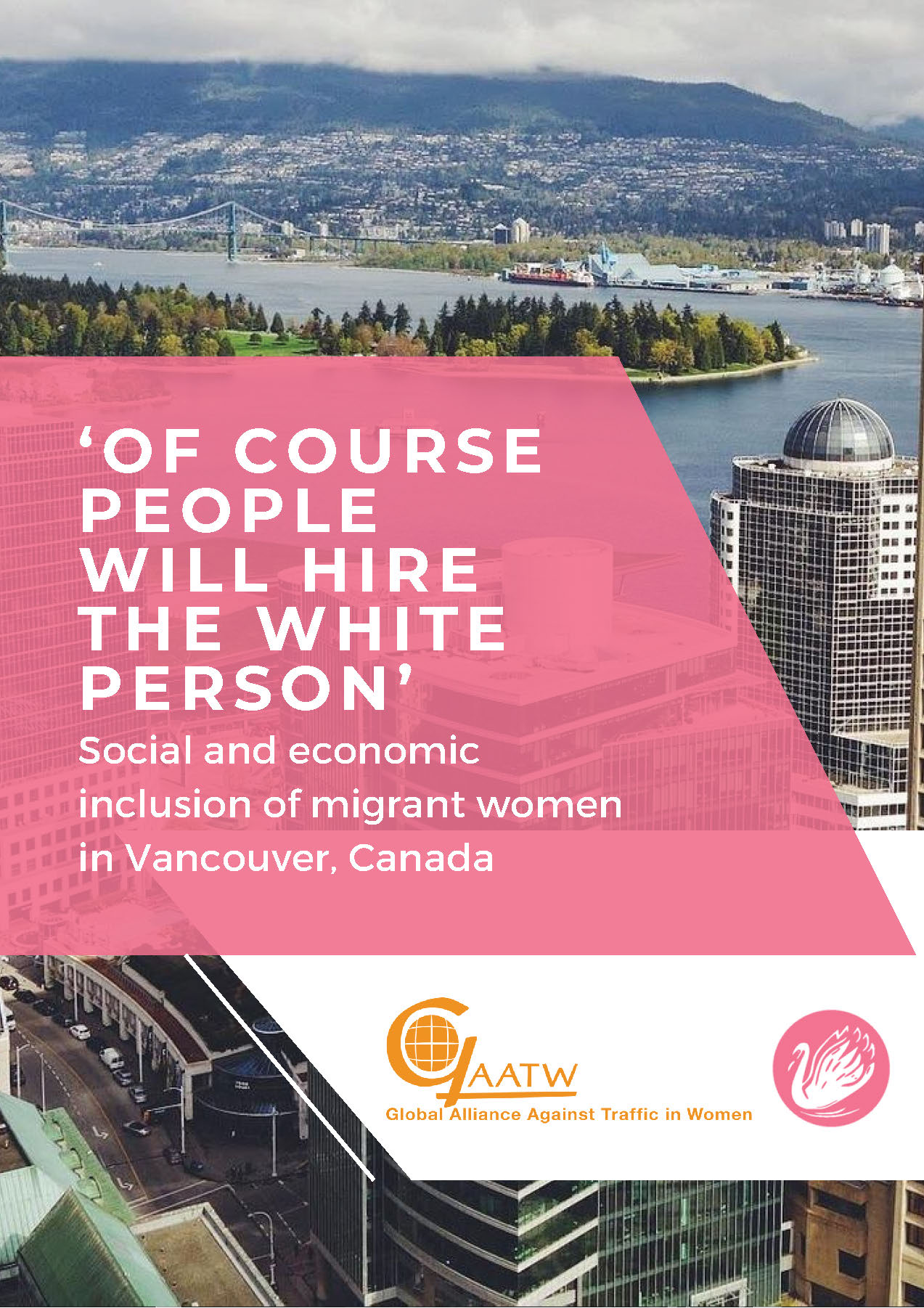
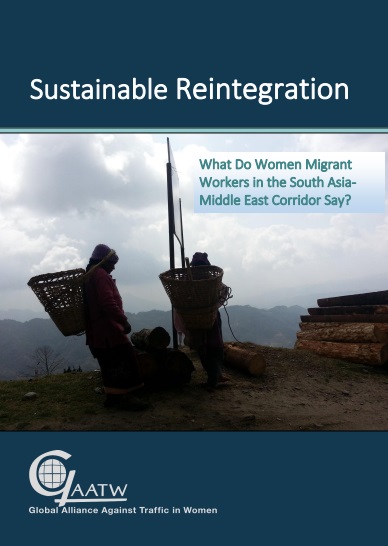
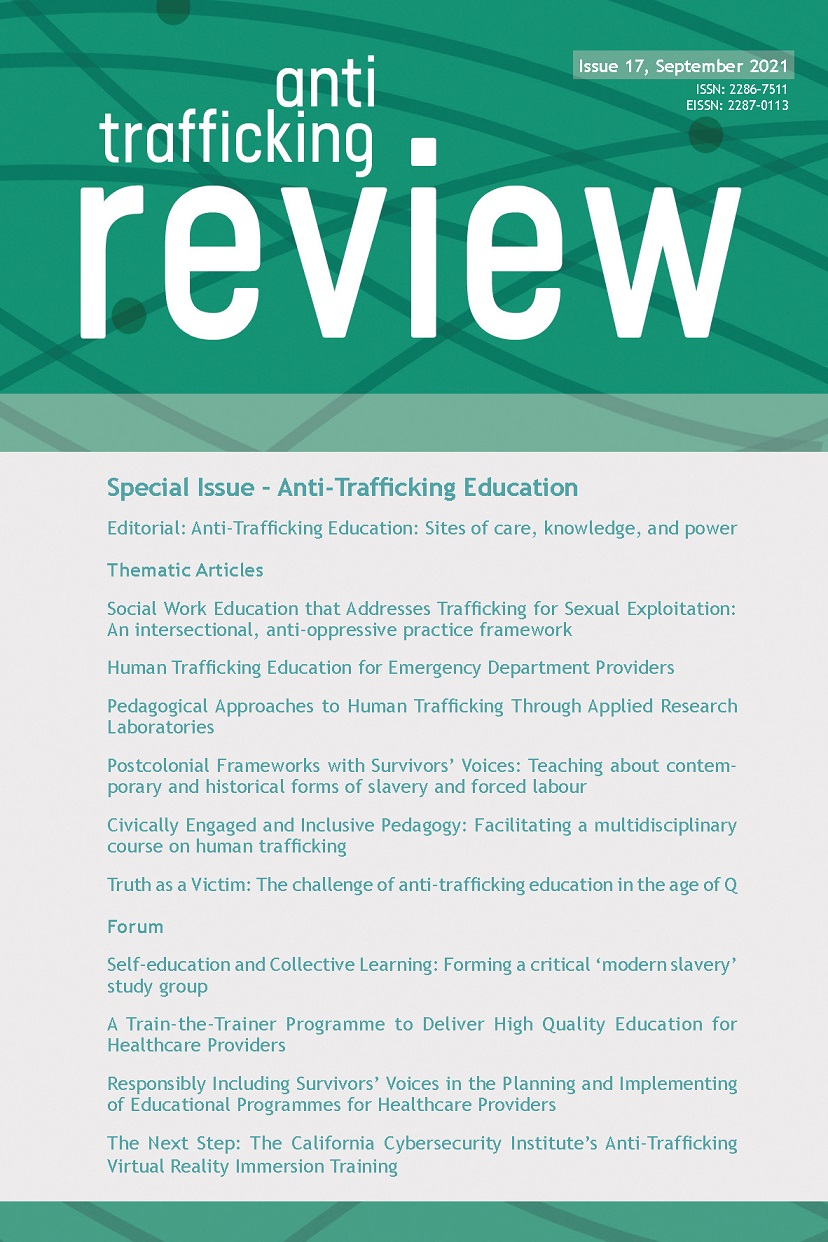
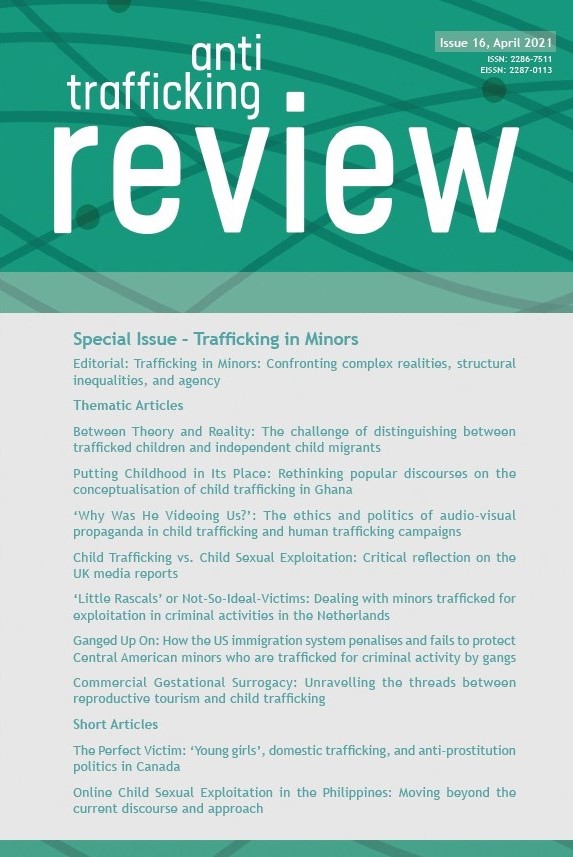
.pdf - Adobe Acrobat Pro 2_8_2021 4_36_32 PM.png)
